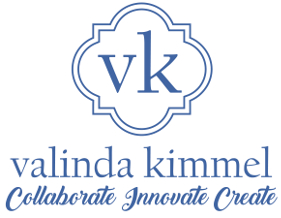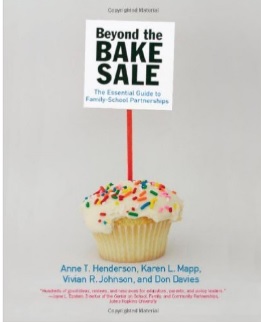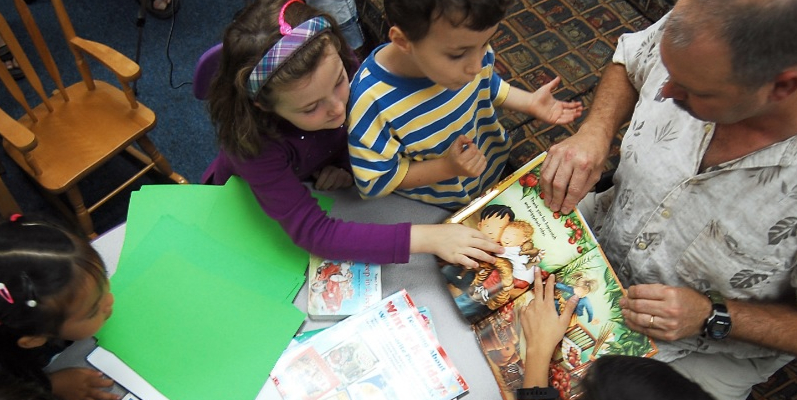Family engagement is tricky business. We work hard at that in education, but I wonder if we need to allow ourselves to think a little bit differently about this critical responsibility and privilege that falls to us as 21st century educators. Engaging families in the culture of a campus is more than sending home newsletters or keeping families informed about school activities.
Authentic engagement with the families of our students should also involve partnerships that engage parents (and other caregivers) in planning, creating, and managing the learning of our cherished kids. How do we go about forging powerful relationships with parents and the other important adults in a child’s life? These past few weeks I’ve seen first-hand how some teachers on our campus have been creatively working to partner with families to engage their learners.
Whitney Lawrence and Ashley Winzen developed a plan for success when they designed Parent Writing Night on our Title I campus a few weeks ago. Families were invited to a 4th grade writing night. I want to and share how they organized their evening.
Entire families were invited to the Midway Park 4th Grade Writing Night. Pizza was served and families gathered in their child’s classroom for a half-hour session on writing expectations and online resources accessible from home.
A brief introduction to grade level expectations for fourth grade writers led into a quick tour of the students’ writing folders. Parents got a chance to take a look with their child at the work that had been done in the first six weeks of the school year.
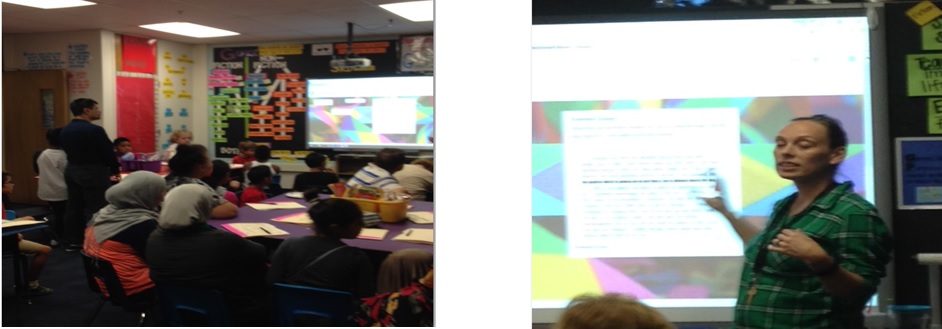
Whitney and Ashley took the next few minutes to share Padlet resources families could access online. The resources include exercises in revising and editing, games, organizers for planning specific genres of writing. Each week an exemplar paper (based on rubric criteria) from a student in the class will be posted on the Padlet for parents and students to read and discuss.
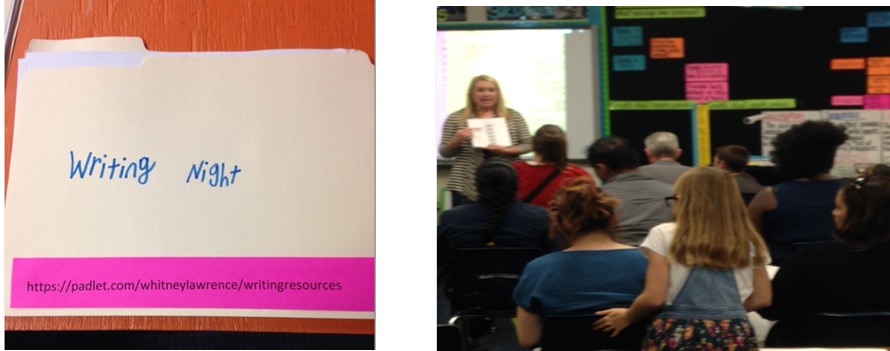
There was a little concern about how well the evening would be attended, but 41 out of 47 students had families who attended. That amazing turnout was in spite of a scheduled football game between rival high schools in our district that evening. Families had two options for attending that evening as there was a 5:30 and 6:30 session offered.
Feedback from students and parents indicated that the evening session was a success and families shared that they were grateful for the abundance of resources available to them online.
Just this week I visited Stephanie Cherney-Laughlin’s second grade class to see her process for setting reading goals with individual students. Stephanie and one of our first grade teachers, Bronwyn Brewer, have been collaborating in order to design the best tool for visible reading goals. They have tweaked Jennifer Serravallo’s examples from the introduction of her book, The Reading Strategies Book. Stephanie wanted to make sure that families were able to know about their student’s specific reading goals so she went a step further and designed a form that goes home to family members so they can partner with the teacher in supporting their child to use the strategies that will help them to meet their goal. An image of the actual strategies bookmark is included on the flip side of the note home to families so they can see the reading goal and the strategies their student is using to meet the goal.
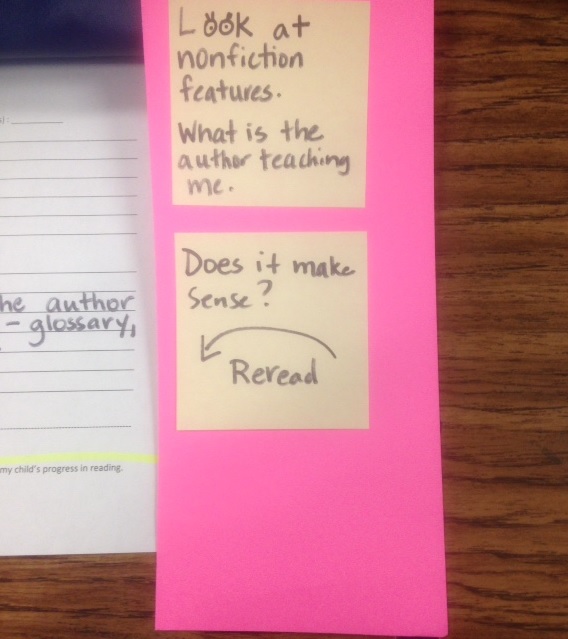
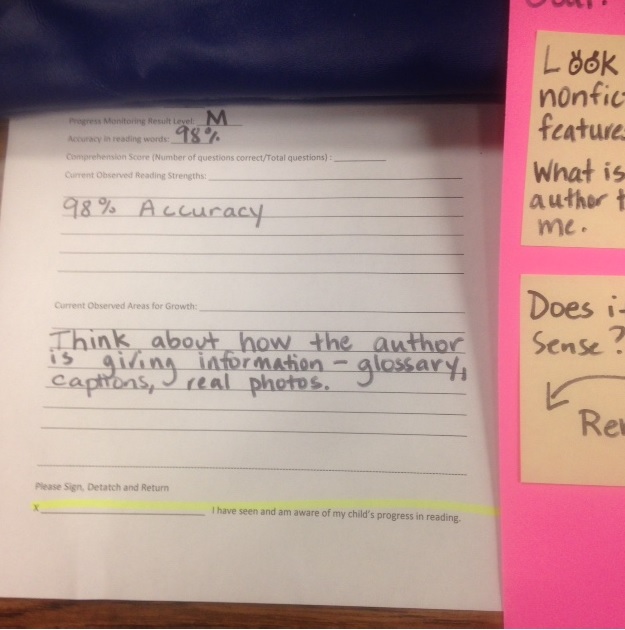
Family engagement is more than Donuts with Dads or Grandparent Day. Getting family engagement “right” means we work hard at the campus level to eradicate lopsided relationships with our families and build strong mutual relationships. Parents and other caregivers for our students know them intimately and are the very best partners in nurturing learning connections between home and school.
Beyond the Bake Sale: The Essential Guide to Family-School Partnerships, (NY: The New Press 2007) was written by Anne T. Henderson with Karen Mapp, Vivian Johnson, and Don Davies and provides school staff members with essential information about getting beyond the simple act of inviting families onto the campus and actually working together to design and sustain a culture of learning and achievement. Make this professional book one you read and then read again.
Heartfelt thanks to Mrs. Lawrence, Mrs. Winzen, Mrs. Cherney-Laughlin and Mrs. Brewer for allowing me to share their resources here today.
